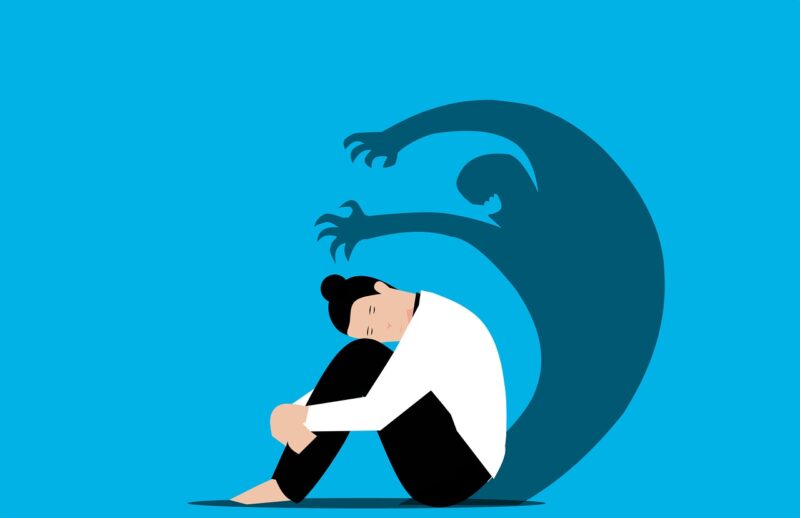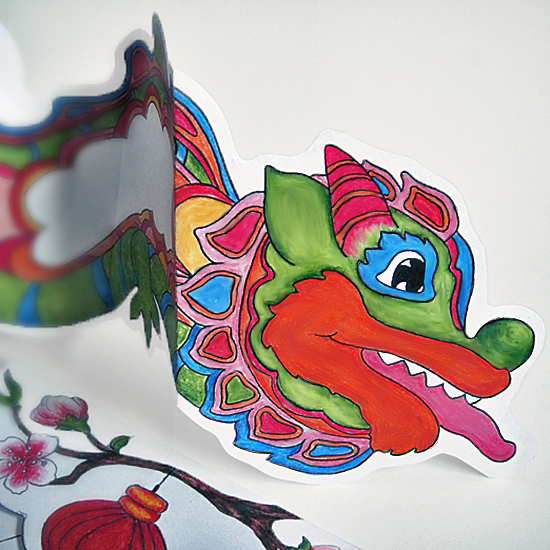As parents, we all understand that rough days come with the territory. But what happens when those rough patches stretch into weeks, and the weeks into months?
Clinical depression can rear its head, especially in the context of a life far removed from the familiar comforts and support systems. Relocating abroad is a monumental shift, and as a parent, the responsibility of keeping everything together often falls squarely on your shoulders. For those balancing work with parenting, the guilt of not being present enough for your children and family can weigh heavily, acting as a significant trigger. Meanwhile, as a trailing spouse, there’s the added pressure of ensuring the family adjusts smoothly to a new environment, surrounded by unfamiliar faces.
The experience can feel isolating, overwhelming, and downright lonely.
Far too frequently, the complexities of mental health, particularly within expat communities, are brushed aside as mere adjustment issues. “How could anyone be unhappy in such a beautiful place like Thailand?” “Your life must be a breeze now that financial worries are fewer, right?” “Just look at how content your children seem in their new surroundings! Why aren’t you?” These are inquiries I’ve personally encountered while acclimating to our new life here in Chiang Mai.

Every day, individuals grapple with depression, often finding solace and coping mechanisms within the familiar confines of their secure homes. They navigate through the challenges with the comfort of routine, knowing what to anticipate each day, where to procure necessities, and how to maintain their households.
But what unfolds when they venture away from this comforting cocoon? When they depart from the embrace of their supportive network of loved ones, along with the medical guidance and trusted medications provided by doctors and mental health specialists?
What Happens When You Move Abroad?
Being an expat undeniably comes with its perks, offering a lifestyle that often surpasses what one might have experienced back home, particularly in terms of quality of life for the whole family. There’s more time together, a greater financial cushion, opportunities for travel to breathtaking destinations, and perhaps the most significant advantage: access to an education for the kids that was previously out of reach.
But what about those among us who are introverted, shy, or grappling with anxiety or depression? How do they navigate this sudden plunge into a new, uncertain environment?
Initially, finding a school for the children can provide a lifeline, introducing a fresh support network comprised of fellow parents and acquaintances. Engaging in new routines and possibly immersing oneself in school activities or remote work can offer a sense of purpose. However, the journey can take a turn.
Before you know it, you might slip into a rhythm of mere functionality without genuine enjoyment. Perhaps you begin to rely on alcohol to artificially induce moments of levity. Nights out stretch into the early hours, mornings blur together, and the accessibility of over-the-counter medications in Thailand adds another layer of complexity. You find yourself merely existing, until one day you wake up feeling adrift in a sea of relative strangers, trapped in a gilded cage where admitting your struggles feels daunting due to the stigma attached. You feel a profound sense of sadness and disconnection, miles away from the familiarity of home.

Reach out for a Life Line
First and foremost, there’s absolutely no shame in seeking support. Many parents, at some point or another, have found themselves grappling with similar emotions, so reaching out to others can be your lifeline. In Chiang Mai, there are reputable therapy options ranging from recommended psychologists to psychiatric professionals, and even specialized hospitals dedicated to mental health care. It may take some trial and error to find the right fit in terms of language and cultural understanding, and don’t forget to review your private medical insurance, as therapy coverage may be tucked away in the fine print more often than not.
Parents with young children often find a sense of purpose in caregiving, providing a reason to rise each day. The responsibility and reliance of little ones can anchor you, preventing you from drifting too far from shore. Consider adjusting your morning routine to involve activities with the kids or tending to household tasks before seeking assistance from a helper. Anything that keeps you engaged and prevents you from retreating into isolation is a step in the right direction.
Whether it’s seeking specialized care, adjusting medication, or exploring alternative therapies, the key is to find what works best for you. Everyone’s journey is unique, so what resonates with one individual may not necessarily work for another. Embrace your own path and tune into what brings you solace and healing.
Consistent therapy, coupled with unwavering love and support from loved ones, can pave the way toward recovery and a renewed enjoyment of life in your new surroundings. No matter how long you’ve been grappling with your emotions, remember that you don’t have to navigate this journey alone.
To anyone experiencing similar struggles, know that you’re not alone, even if it feels that way amidst the unfamiliarity of a foreign land. You will find your way through this. The darkness won’t last forever, and you possess a resilience far greater than you realize.





